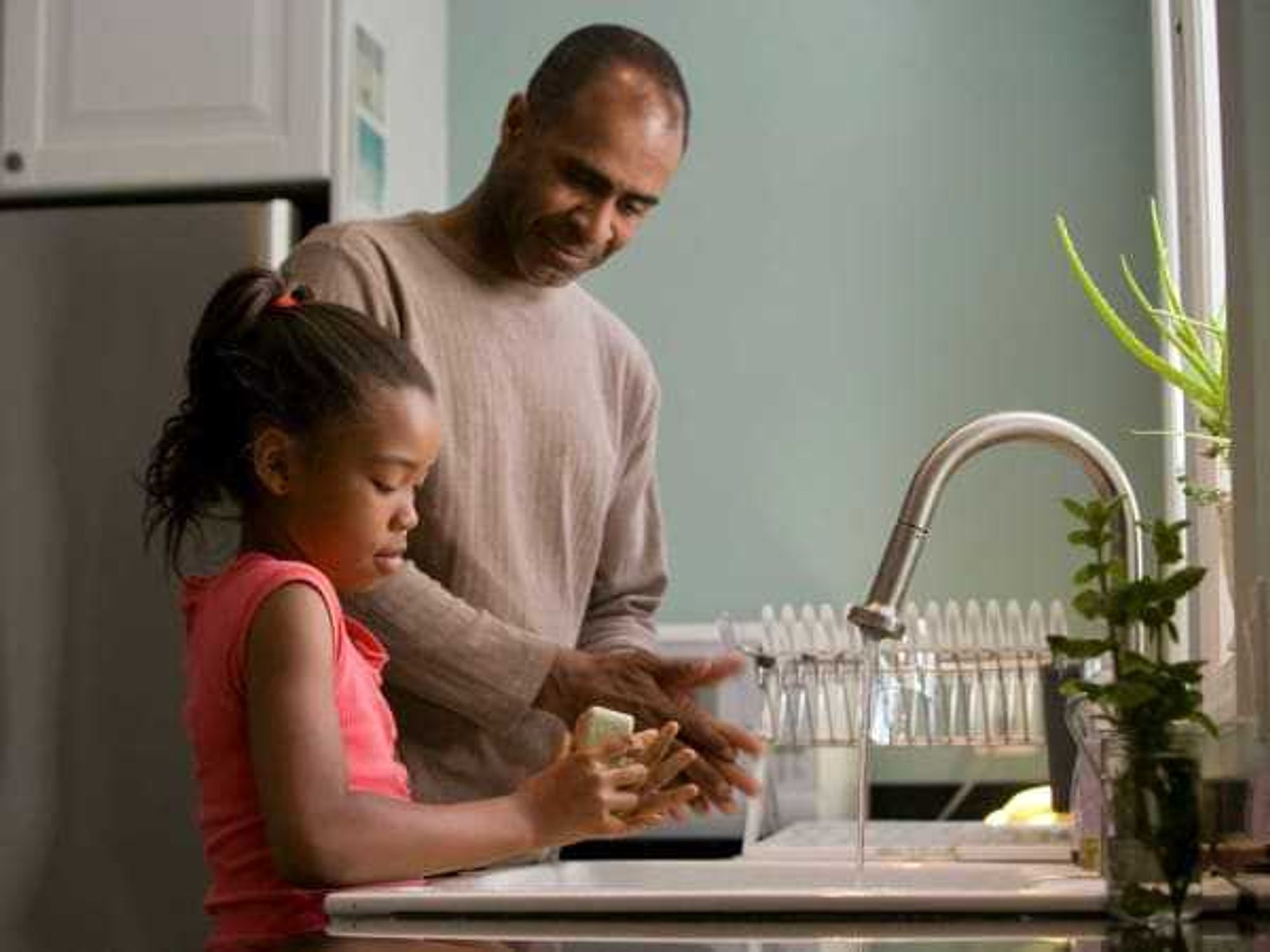Don't just toss it
Where computers should go to die: Houston company excels at recyclingelectronics the right way
 Circuit boards up to the box's brim.Photo by Whitney Radley
Circuit boards up to the box's brim.Photo by Whitney Radley A sign in the CompuCycle lobby was made from recycled materials.Photo by Whitney Radley
A sign in the CompuCycle lobby was made from recycled materials.Photo by Whitney Radley A box full of usually-elusive remote controls, batteries removed.Photo by Whitney Radley
A box full of usually-elusive remote controls, batteries removed.Photo by Whitney Radley Electronics aren't the only thing that CompuCycle recycles. Bundles of papersand plastics line the facility as well.Photo by Whitney Radley
Electronics aren't the only thing that CompuCycle recycles. Bundles of papersand plastics line the facility as well.Photo by Whitney Radley
Mercury, lead and cadmium are just some of the elements found in our televisions, light bulbs, computers and other electronics, which can be hazardous to the environment and health. There's a right way to dispose of them, and a wrong way.
CompuCycle, Houston's first certified electronic recycling company, does it the right way.
John Hess and his son, Clive Hess, established the company in 1996 as a metal exchange, but began recycling and refurbishing electronics once they realized the need within the industry. As Clive Hess jokes, CompuCycle was "green before green was cool."
In January 2011, CompuCycle was awarded a Responsible Recycling (R2) certification — a third-party credential recognized by the Environmental Protection Agency — which ensures that the company, as well as its downstream vendors, deal with the materials in a responsible, environmentally-friendly way.
Clive Hess jokes that CompuCycle was "green before green was cool."
That's something that other recycling companies don't guarantee.
So how does it work?
CompuCycle receives drop-offs at its facility on Kempwood Drive, at City of Houston monthly events and other collection events — and does on-site scheduled pick-ups for businesses. At the facility, items are divided into scrap and electronics to be refurbished.
Scrap items are demanufactured and sorted by like items: Large cardboard boxes filled with remote controls, circuit boards, computer drivers, batteries, wires and computer keyboards, line the floor. All are later shipped to refineries and mills to be processed, smelted or recycled.
On this side of the facility, cardboard and plastics are also bailed and recycled, and defunct hard drives are shredded.
Items to be refurbished are tested. Those that are still working are cleaned and reset (a U.S. Department of Defense-approved machine is used to erase still-functioning computer hard drives), then sold (for retail or resale, or to international and educational markets), and those that don't pass are either repaired, scrapped or harvested for parts.
This sort of operation acquires some surprising items. Things one might not initially think of, like hairdryers, digital cameras, microwaves and stoves (anything that plugs into an outlet can be recycled) are to be expected, but miscellaneous mementos — like tiny glass perfume sample vials and leather camera lens cases — get mixed in among the electronics.
Another unexpected item? Old X-ray film from Texas Children's Hospital, from which the silver must be extracted.
"Our goal is to educate residents about recycling electronics," Clive Hess says.
And he's doing that, one item at a time.
